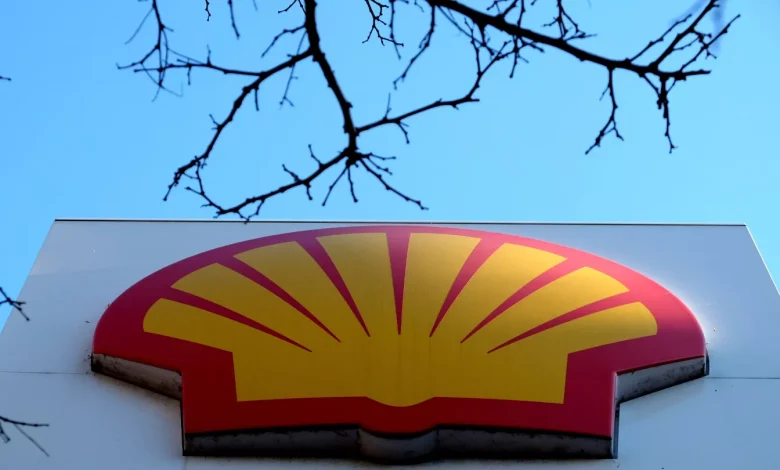
Energy giant Shell reported a steep 35% decline in first-quarter net profit, weighed down by falling oil prices and broader global economic concerns, but still pressed forward with a $3.5 billion share buyback program.
In its Q1 2025 earnings release on Friday, Shell said net profit attributable to shareholders fell to $4.8 billion, down from $7.4 billion in the same period last year. Total group revenue also dropped 6% to $70.2 billion, reflecting softer crude prices and lower refining margins.
The results, however, still beat analyst expectations, sending Shell shares up more than 3% on the London Stock Exchange’s FTSE 100, which was broadly higher during morning trading.
“These results give us confidence to commence another $3.5 billion of buybacks for the next three months,” said Shell CEO Wael Sawan, underlining the company’s commitment to shareholder returns despite market volatility.
Oil Price Pressures
Shell, like other oil majors, has been hit by a recent pullback in crude prices. Analysts say concerns over U.S. President Donald Trump’s newly imposed tariffs could slow global economic growth, dampening energy demand.
The company had already seen a 17% drop in full-year 2024 profit due to similar pressures. However, some analysts believe Shell remains well-positioned to weather the storm.
“Shell is one of the best-equipped oil majors to deal with a low-pricing environment,” said Derren Nathan, head of equity research at Hargreaves Lansdown. “They should be able to sustain shareholder payouts as long as oil doesn’t fall below $60 for too long.”
Strategy Shifts and Climate Scrutiny
Shell’s latest earnings come in the wake of controversial strategic pullbacks on climate goals, with the company and rival BP dialing down investment in renewable energy.
In 2024, Shell announced it would no longer lead new offshore wind projects, choosing instead to lean more heavily into oil and gas in pursuit of profitability.
The move has drawn criticism from environmental groups.
“Shell is fuelling the climate crisis,” said Charlie Kronick, senior climate advisor at Greenpeace UK. “Carbon polluters like Shell must pay to help make Britain more resilient against the climate impacts they are accelerating.”
Sector-Wide Decline
Shell’s earnings follow BP’s sharp 70% fall in Q1 profit to $687 million, also driven by weak gas prices and refining margins.
Despite the broader downturn, Shell’s ability to maintain strong returns and aggressive buyback plans signals resilience though the long-term sustainability of this approach remains tied to market stability and geopolitical developments.





